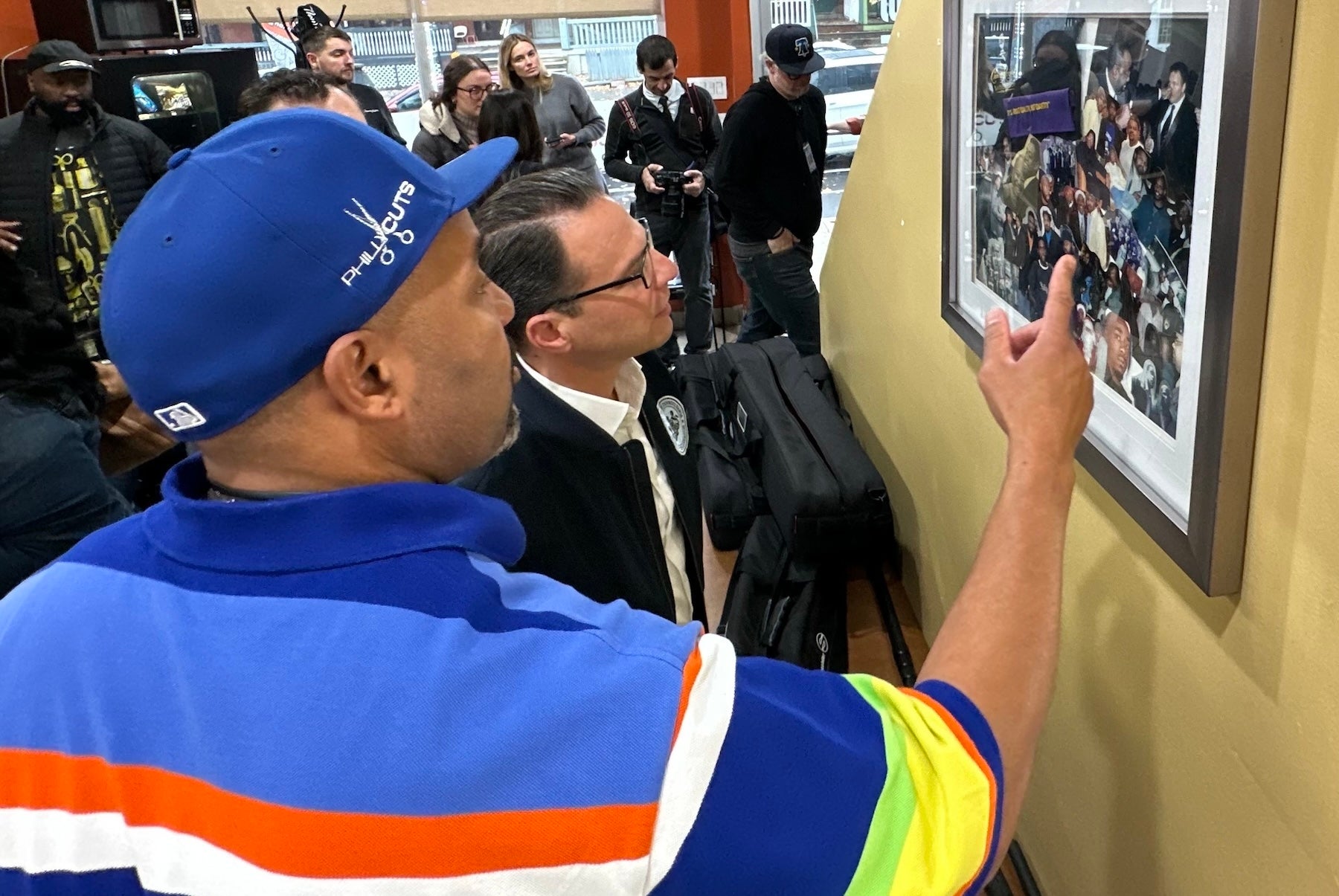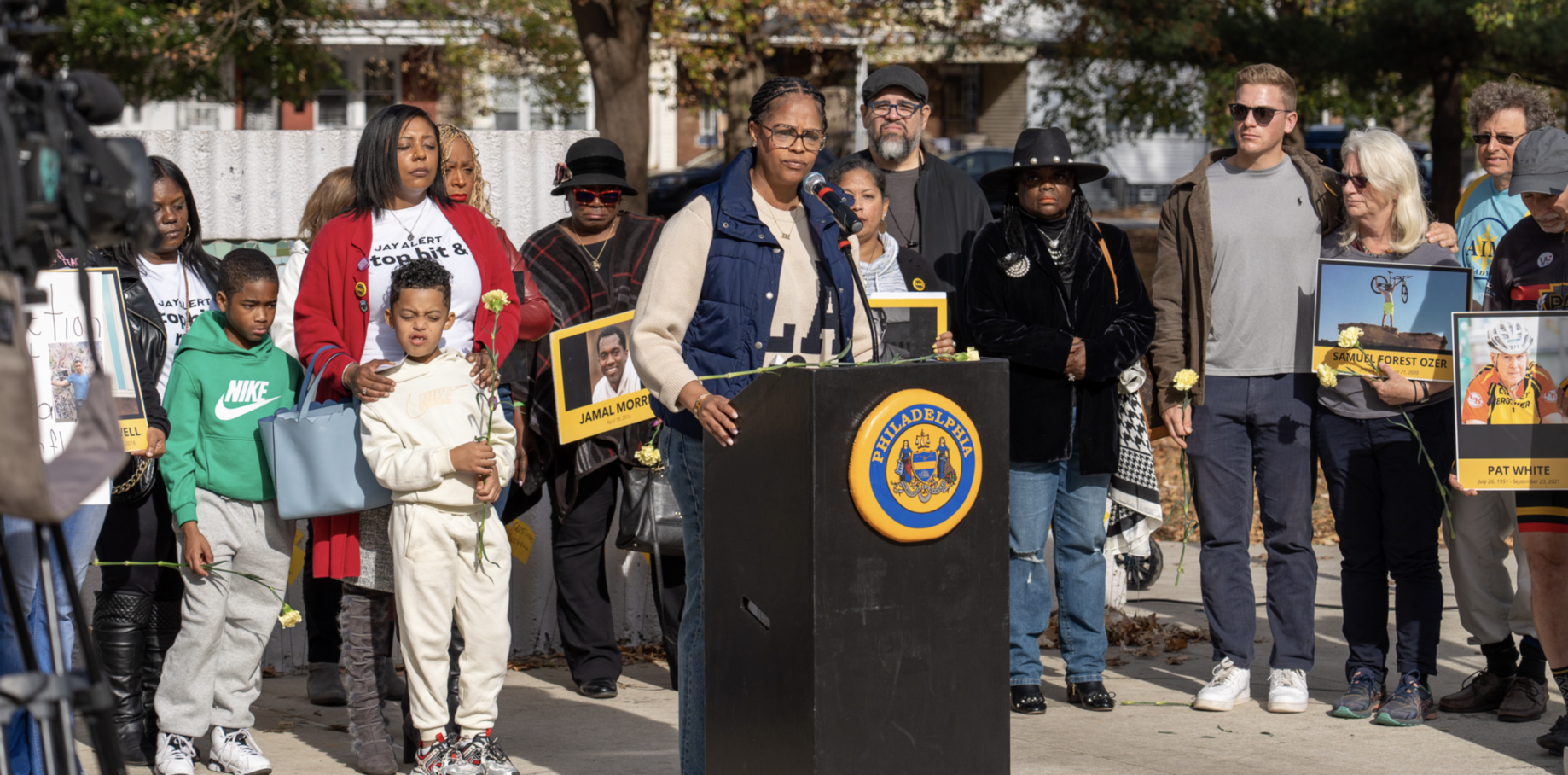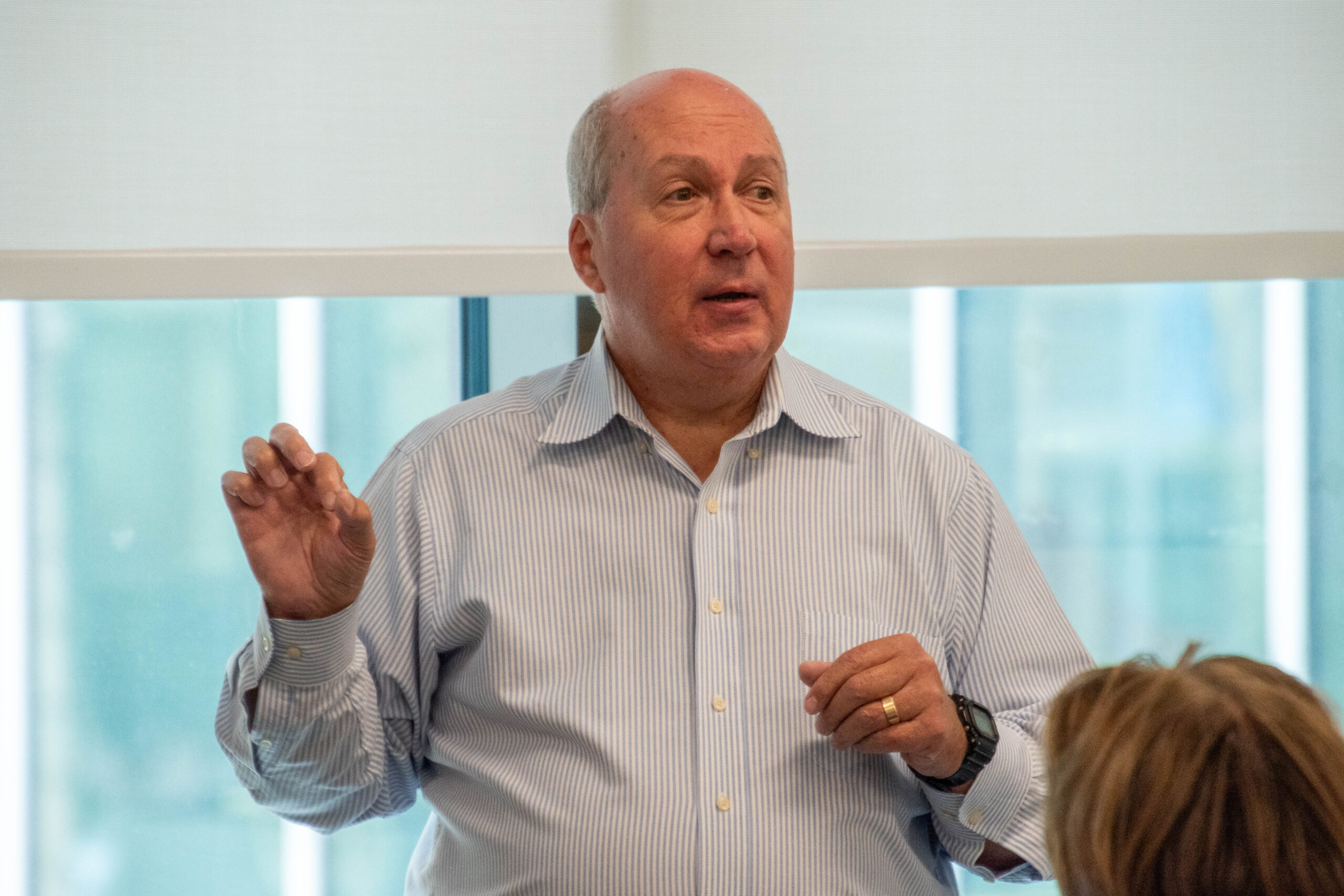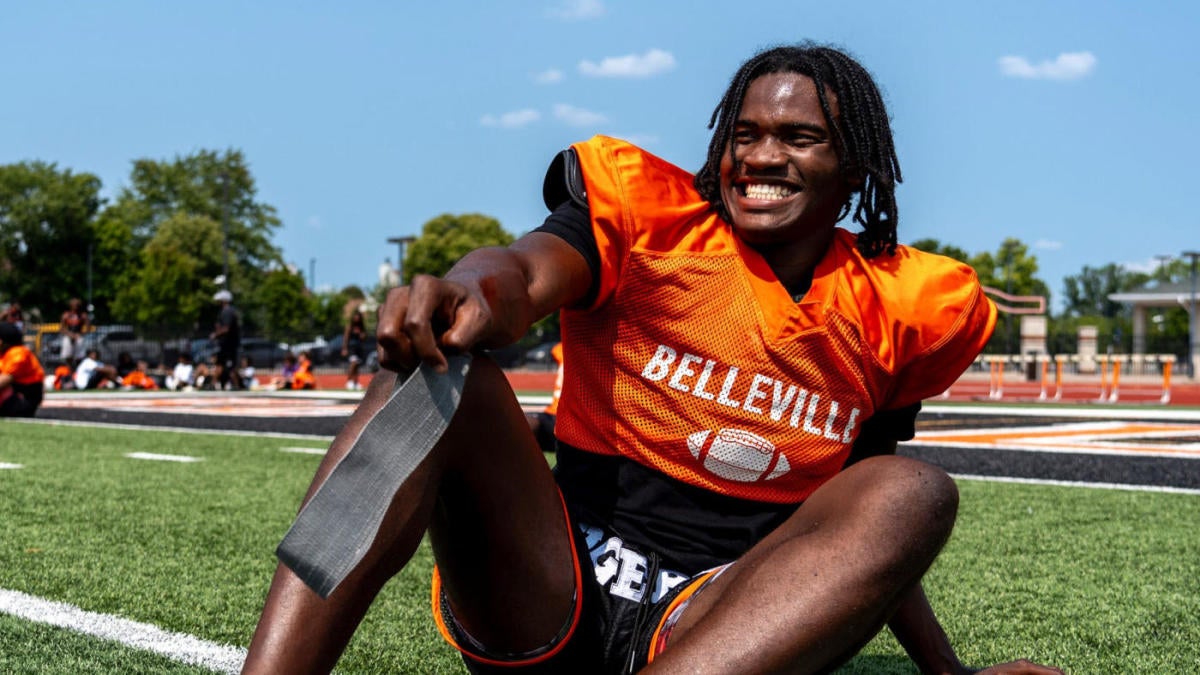Gambling
Calls for regulation of gambling ads in football as number of promotions soars

Ministers have been urged to intervene to stop football clubs from setting their own rules on curbing gambling advertising, after research showed Premier League fans were bombarded with nearly 30,000 gambling messages on a single weekend.
Clubs in the top flight have so far avoided compulsory restrictions on gambling sponsorship, instead addressing public concern through voluntary measures such as a ban on front-of-shirt logos, starting in 2026.
But politicians, researchers and England’s most capped men’s player, Peter Shilton, called on the government to act after a new study found a surge in gambling ads which they said exposed the “woeful inadequacies” of allowing clubs and gambling operators to set their own rules.
Fans keeping track of the opening weekend of the Premier League season last month were flooded with 29,145 gambling messages on TV, radio and social media during six live games, according to analysis by researchers at the University of Bristol.
The figure, which equates to nearly 54 pro-gambling messages for every scheduled minute of the games, had risen nearly three times compared with the 10,999 recorded over the same period last year, using the same methodology.
The most gambling-saturated match was West Ham United v Aston Villa – where both teams had a front-of-shirt gambling sponsor – which featured 6,491 gambling messages.
Since 2019, gambling firms have agreed not to show adverts on pre-watershed TV during half-time or immediately before and after games, under the “whistle-to-whistle” ban.
The industry has said this has dramatically reduced the volume of ads seen by children, but the report’s authors said they had detected 10,000 gambling messages because the measures impose no restrictions on pitchside hoardings.
While clubs have pledged to forgo front-of-shirt betting sponsors from 2026, the number of teams whose players wear a gambling logo on their chest increased this season ahead of the ban, from eight to 11.
Previous studies have shown that shirts make up a far smaller proportion of gambling advertising during games than pitchside hoardings.
Earlier this year, football clubs drew up a voluntary code of conduct with the betting industry to reduce the volume of gambling messages seen by children.
But earlier this week, the Guardian and the investigative website The Pitch Inspection found that half of the 20 top-flight clubs appeared to be breaking their own guidelines by including logos and links to betting sites on webpages likely to appeal to under-18s.
The previous government chose not to address gambling advertising in a white paper on regulation of the industry, published last year.
The former Conservative leader Iain Duncan Smith, who co-chairs a group of MPs examining gambling-related harm, said it was now time for Labour to step in, rather than allowing football clubs to draw up their own regulations.
He said: “This appalling evidence shows us that … the industry could not be trusted to regulate itself. Sadly, the regulators are toothless and as a result we are all being flooded with adverts that the vast majority of us do not want to see.
“Enough is enough. This government and the Gambling Commission must act swiftly to deliver regulation capable of meaningfully reducing exposure to gambling advertising and help save lives.”
The Lib Dem peer Don Foster, chair of Peers for Gambling Reform, said the University of Bristol findings had exposed the “woeful inadequacies” of self-regulation and called on the government to step in and reform gambling advertising rules.
The calls also drew support from England’s most capped male footballer, Shilton, who has spoken of his own battle with gambling addiction.
“What concerns us most is the impact on children, who are being exposed to gambling marketing at an unacceptable level,” said the former goalkeeper, who represented England 125 times from 1970 to 1990.
A government spokesperson said ministers were “considering the full range of gambling policy, including on advertising and sponsorship, and will update in due course”.
The industry trade body, the Betting and Gaming Council (BGC), said the report “fundamentally misunderstands” advertising.
“The previous government stated research did not establish a causal link between exposure to advertising and the development of problem gambling,” the BGC said.
It added: “Betting advertising and sponsorship must comply with strict guidelines, and safer gambling tools and signposts to help for those concerned about their betting are regularly and prominently displayed.
“BGC members already commit 20% of TV, radio and digital advertising to safer gambling messaging.”










